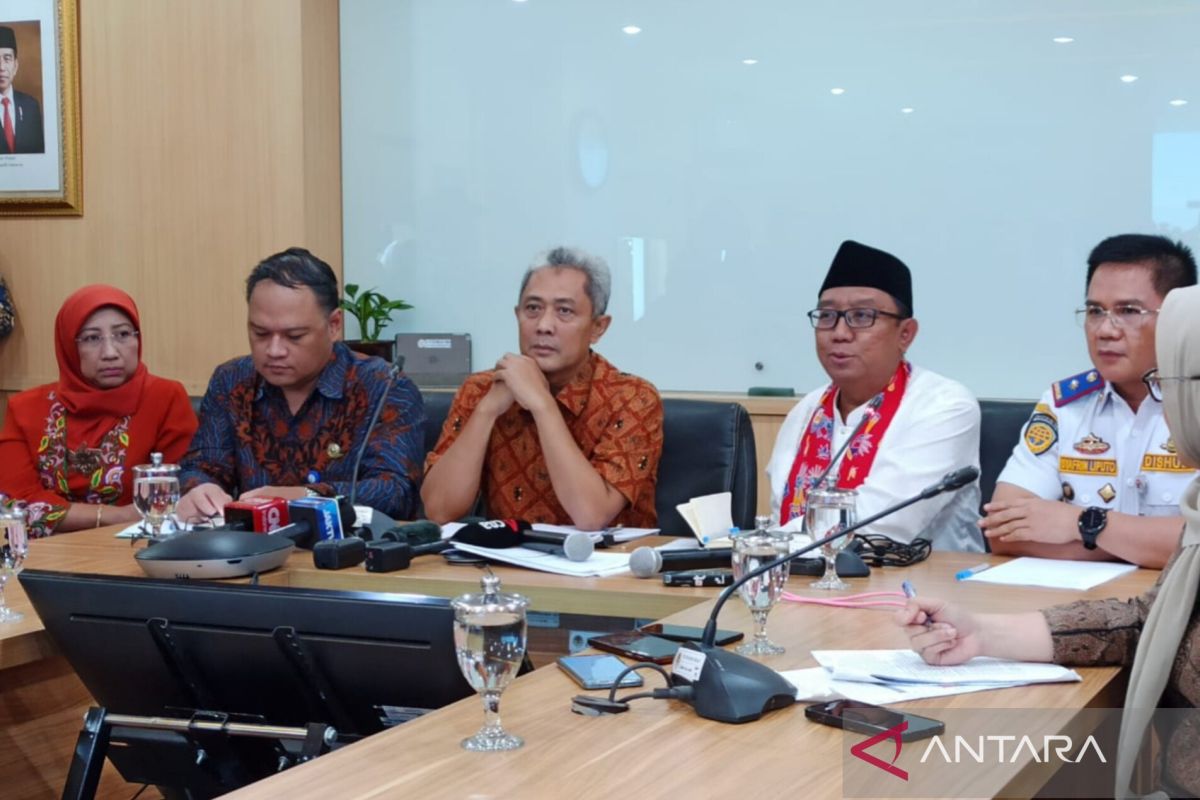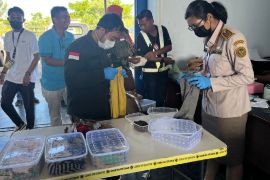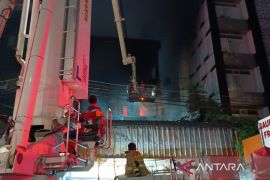"Indeed, from July to September, the dry season is usually at its peak. Thus, the air quality is not good," he said at a press conference held at the Directorate General of Pollution and Environmental Degradation Control's building in Jakarta on Friday.
He informed that the first strategy involves pollution control through policies and regulations. Meanwhile, the second strategy involves reducing emissions that cause pollution by intensifying emission tests and encouraging the use of public transportation, among other things.
The final strategy is appealing to the community to check the air quality before carrying out outdoor activities.
To check the air quality, people can use the Jakarta Kini (JAKI) application, the Meteorology, Climatology, and Geophysics Agency's (BMKG's) application, and the Air Pollutant Standard Index (ISPU) application.
He explained that under the second strategy, the environment offices of Jakarta, Bogor, Depok, Tangerang, and Bekasi (Jabodetabek) have signed a commitment to reduce air pollution by carrying out vehicle emission tests.
"We are also appealing to residents to make preventive efforts to reduce the impact, for instance, by wearing masks, reducing outdoor activities, and others," he said.
On the same occasion, acting deputy of climatology at the BMKG, Ardhasena Sopaheluwakan, explained that because of the inversion layer in urban areas during the dry season, air tends to be colder in the lower layers.
"That also explains why in Jakarta it looks murkier down than above," he said.
Related news: Jakarta's air quality improves on Eid al-Adha as mobility reduces
Related news: Jakarta's seven-pronged approach to controlling air quality
Translator: Siti Nurhaliza, Raka Adji
Editor: Rahmad Nasution
Copyright © ANTARA 2023












